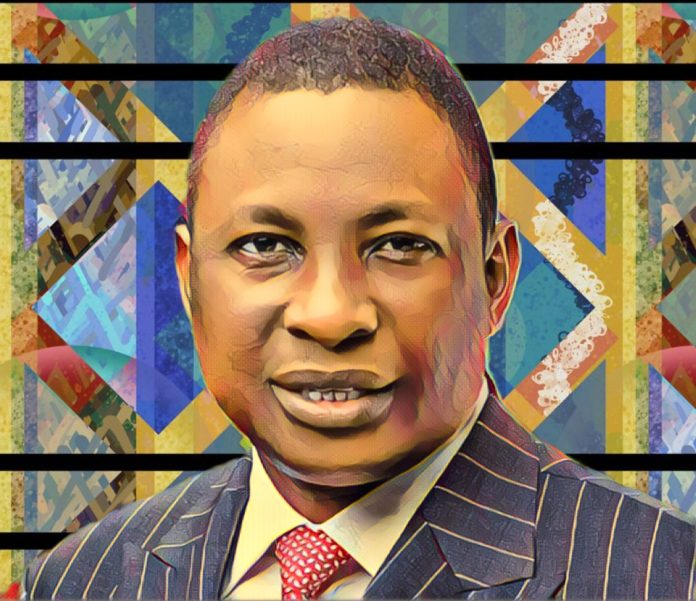Key Points
-
EFCC partnerships with media and CSOs aim to strengthen anti-corruption campaigns.
-
Olukoyede says collaboration will improve transparency and public trust.
-
Civil society groups welcome the EFCC’s inclusive anti-graft strategy.
The Economic and Financial Crimes Commission (EFCC), Nigeria’s anti-corruption agency, has promised to work more closely with the media and civil society organisations (CSOs) to make the country’s fight against corruption more open, accountable, and participatory.
Ola Olukoyede, the chairman of the EFCC, made the promise in Abuja during a roundtable meeting with investigative journalists and leaders of major civil society organisations (CSOs) like SERAP, the CLEEN Foundation, and the Centre for Journalism Innovation and Development (CJID).
Olukoyede said that the EFCC knows that the government and the public need to work together to win the war on corruption. “The EFCC alone cannot fight corruption in isolation,” he said. “We need credible partners who can help us ensure transparency, expose wrongdoing, and build trust with citizens.”
Building trust through EFCC partnerships with media and CSOs
Olukoyede, who took office in October 2023, has sought to reposition the EFCC as a more transparent and people-centered institution. Under his leadership, the agency has introduced a public engagement framework to improve how it communicates investigations and outcomes to Nigerians.
He said the new partnership with media and CSOs would help reduce misinformation, strengthen oversight, and encourage citizens to report economic crimes without fear. “Our collaboration with the media and civil society is not about controlling narratives,” he emphasized. “It’s about promoting accountability and ensuring the truth is told.”
The EFCC chief disclosed that the Commission will establish an Open Governance Desk to provide journalists and civic groups easier access to non-sensitive investigation data and public spending reports.
Accountability and reform drive within EFCC operations
CSO leaders who attended the meeting hailed the initiative as a positive shift. Kolawole Oluwadare, Deputy Director of the Socio-Economic Rights and Accountability Project (SERAP), said the EFCC’s engagement with watchdog groups marks a “new dawn for accountability.”
Similarly, Lanre Arogundade, Executive Director of the International Press Centre (IPC), urged the agency to extend the collaboration to the state level, where corruption and procurement fraud remain widespread. “The EFCC’s openness must reach where citizens feel it most — in local governance,” he said.
Expanding EFCC partnerships with media and CSOs
According to a report by Vanguard news, Olukoyede noted that the EFCC will host quarterly dialogue sessions with media editors and CSO representatives to review progress on anti-corruption initiatives. He also reaffirmed his commitment to operational reforms, digital case tracking, and internal audit systems aimed at minimizing abuse of power within the agency itself.
Dr. Jibrin Ibrahim, Senior Fellow at the Centre for Democracy and Development (CDD), said the EFCC’s move shows “a pragmatic shift toward institutional collaboration rather than confrontation.” He added that meaningful partnerships could redefine how Nigerians perceive the agency’s role in governance.
With public trust in anti-corruption bodies at stake, the EFCC’s renewed engagement with the media and civic society could signal a broader cultural shift toward transparency and inclusiveness in Nigeria’s governance structure.



